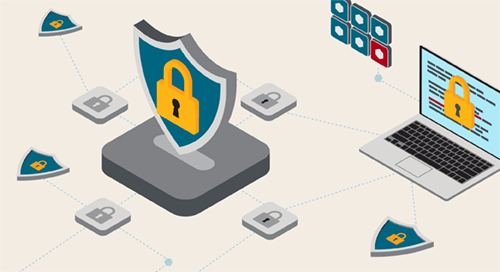Managed file transfer (MFT) involves sensitive data. For hackers, there's clear incentive to access these types of records based on the value attached to them.
The average value of each stolen record is $169 making it easy to monetize.
For organizations on the receiving end of an MFT breach, the impact is only growing.
The global average cost of a data breach has reached $4.88 million.
22.7% of organizations paid more than $50,000 in regulatory fines.
19.5% paid more than $100,000.
In the wake of an MFT breach, there's often a very long chain of discussion. You'll have to justify if you're in compliance with specific rules and what caused misuse.
4 pitfalls to watch out for in MFT operations
- Your production environment isn't using the latest version and lacks essential security patches
- Your MFT is out of scope for incident management processes and tools
- You haven't systematically adopted RBAC or encryption across your file transfers
- You don't have disaster recovery or backup plans in place for MFT breaches
Making the right investments to stay protected
With the assumption that breaches will continue to happen, dedicating an annual budget toward MFT security measures supports a safer route for organizations.
Here's where to invest those dollars:
- An MFT vendor with the right compliance, expertise, and a robust security program
- Adoption and deployment of Zero Trust principles across your MFT architecture
- Outsourcing part or all of your MFT security to a vendor, leveraging its expertise
- Sophisticated automation and incident monitoring tools that are intuitive to use
Learn how to get in front of MFT cyberthreats














